 Shutterstock
Shutterstock
Toys are supposed to keep dogs entertained—but for some breeds, puzzle feeders, squeakers, and “indestructible” chew toys are merely brain warmups. These clever canines don’t just play with their toys—they study them, dismantle them, and, in many cases, solve them faster than you can say “good boy.” If you’ve ever watched your dog figure out how to open a treat-dispensing puzzle like they’ve cracked a secret code, you know exactly the type. These breeds are renowned for their intelligence, problem-solving skills, and sometimes frustrating ability to make toys obsolete in minutes.
Border Collie
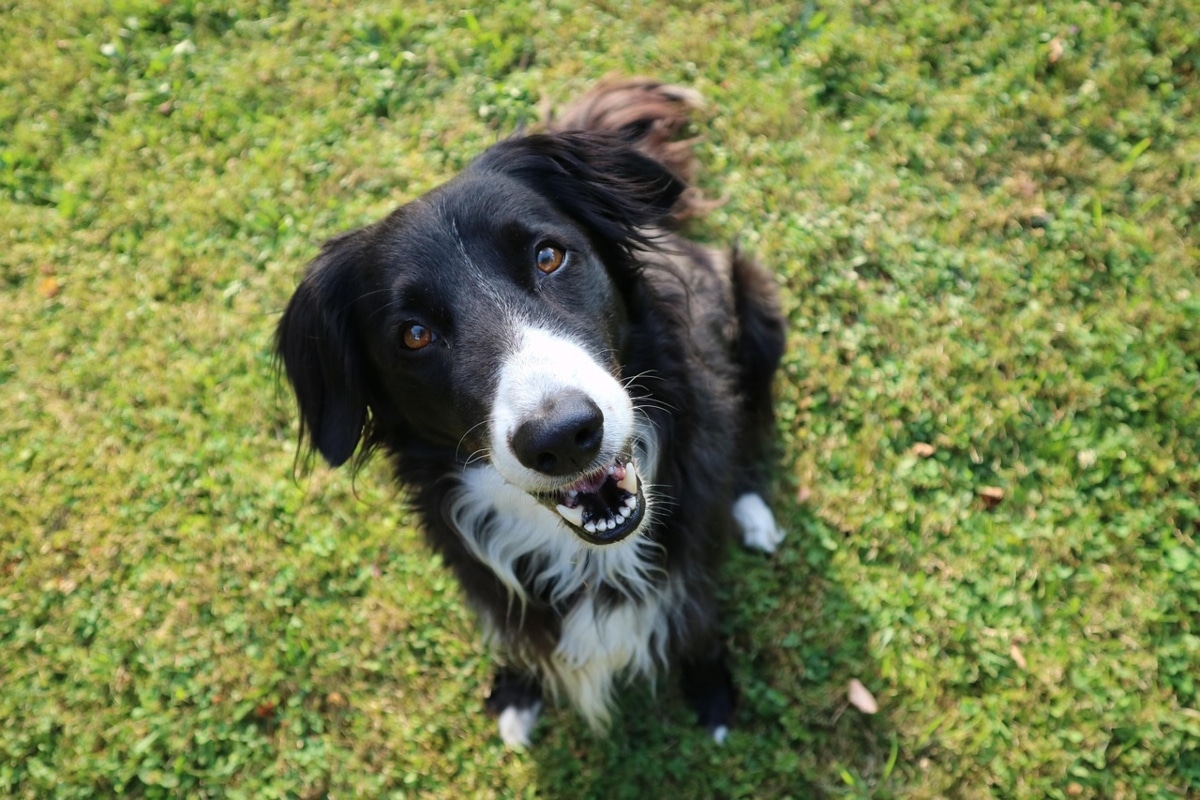 Shutterstock
Shutterstock
Border Collie is the gold standard when it comes to canine intelligence. Originally bred to herd sheep with minimal human instruction, Border Collies thrive on mental stimulation and can master new commands at lightning speed. They don’t just play with toys—they analyze them. Give a Border Collie a puzzle feeder, and it becomes a timed logic test. If your goal is to keep them occupied, you’ll need to rotate toys often… and maybe give them access to your Sudoku book while you’re at it.
Poodle
 Shutterstock
Shutterstock
Poodles are more than just elegant showstoppers—they’re among the most intelligent dogs on the planet. Whether it’s the Standard, Miniature, or Toy variety, Poodles are quick learners with a knack for figuring things out. Puzzle toys, treat dispensers, or anything labeled “challenging” barely stand a chance. They enjoy problem-solving and thrive when given tasks that make them think. If your Poodle starts bypassing puzzles and going straight for the treat cabinet, don’t be surprised—they’re just optimizing their snack acquisition strategy.
German Shepherd
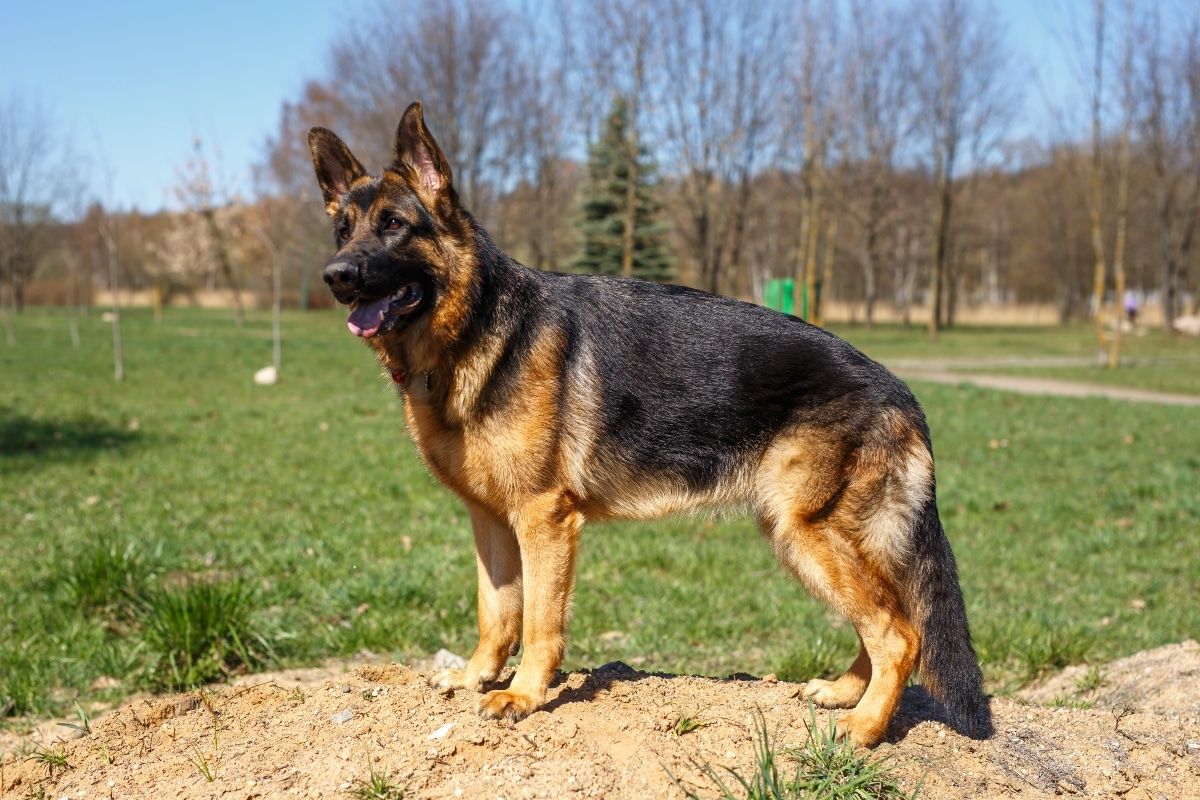 Shutterstock
Shutterstock
German Shepherds are known for their intelligence, loyalty, and trainability—traits that also make them exceptional toy conquerors. These dogs are frequently used in police, military, and service roles because of their ability to learn and apply complex commands quickly. When it comes to toys, they treat puzzles as missions and rarely need help figuring things out. A bored German Shepherd is a creative German Shepherd—so invest in some serious mental challenges or prepare to watch your dog “reprogram” every toy you own.
Australian Shepherd
 Shutterstock
Shutterstock
Australian Shepherds are another herding breed whose intelligence often borders on genius. These energetic dogs require both physical and mental stimulation to stay balanced. They don’t just figure out toys—they develop strategic plans for extracting every last treat. Watching an Aussie work through a puzzle toy is like watching a tiny fur-coated escape artist at work. If left alone with nothing but a chew toy, they’ll turn it into a science project before you get back.
Belgian Malinois
 Shutterstock
Shutterstock
Belgian Malinois are brilliant, intense, and always on the lookout for the next challenge. Often compared to German Shepherds but with even more drive, these dogs excel in advanced obedience and agility. Toys that are meant to last 30 minutes may last 5 with a Malinois—especially if treats are involved. Their sharp minds crave stimulation, and they’ll happily disassemble any toy that doesn’t meet their difficulty standards. Basically, you’re not choosing their toys—you’re submitting them for evaluation.
Doberman Pinscher
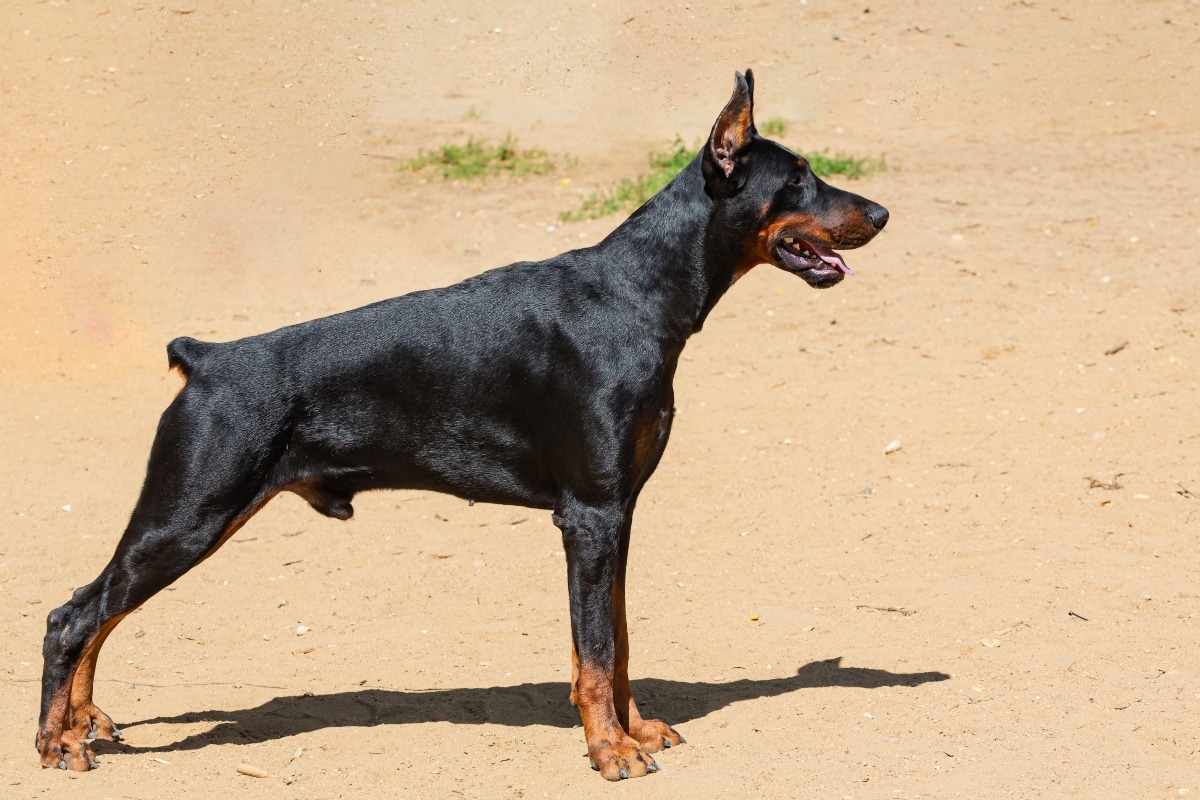 Shutterstock
Shutterstock
Dobermans are sleek, innovative, and highly intuitive. They love a good challenge and excel when given opportunities to solve problems, especially when food is involved. These dogs are masters of observation and often watch you use a toy or puzzle once before figuring it out themselves. Their intelligence, combined with their physical capability, makes them terrifyingly effective at outsmarting toys—and sometimes their owners. If your Doberman unlocks your treat drawer, don’t take it personally. They probably just thought it was a test.
Shetland Sheepdog
 Shutterstock
Shutterstock
Shetland Sheepdogs, or Shelties, might be small and fluffy, but they’re sharp as a tack. These miniature herders are incredibly responsive and quick to learn, making them top-tier puzzle solvers. Give them a new toy and they’ll approach it with a mix of curiosity and strategic planning, often figuring it out in record time. Their strong desire to please also means they’ll bring you the toy when they’re done, as if to say, “Next challenge, please.”
Papillon
 Shutterstock
Shutterstock
Don’t let their dainty looks fool you—Papillons are pint-sized intellectuals. These alert, expressive little dogs love engaging with their humans and excel in obedience and trick training. Toys designed to be difficult for larger dogs are often no match for the cunning and determination of a Papillon. Their light frame and quick paws let them manipulate puzzles with surprising finesse. Think of them as the mini escape artists of the dog world—except their jailbreaks involve stealing snacks, not prison time.
Golden Retriever
 Shutterstock
Shutterstock
Golden Retrievers are often known for their friendliness and easygoing nature, but don’t overlook their smarts. They’re quick learners and eager to solve problems—especially if those problems lead to food. Goldens love interactive toys and often master them faster than their owners expect. Their gentle mouths make them great at toys that involve precise movements or lifting compartments. They may act goofy on the outside, but inside, a strategic snack planner is plotting their next move.
The Real Puzzle Was Keeping These Dogs From Earning a Degree
 Shutterstock
Shutterstock
When toys are labeled “advanced,” these clever canines take it as an open invitation to show off. They don’t just play—they analyze, strategize, and occasionally dismantle their toys like tiny engineers in fur coats. Whether it’s solving complex puzzles, learning new tricks, or unlocking cabinets you thought were off-limits, these dogs remind us daily that intelligence isn’t reserved for humans. Honestly, if they had their crossword subscription and a laptop, you’d probably be asking them for help with your passwords.

 1 month ago
17
1 month ago
17


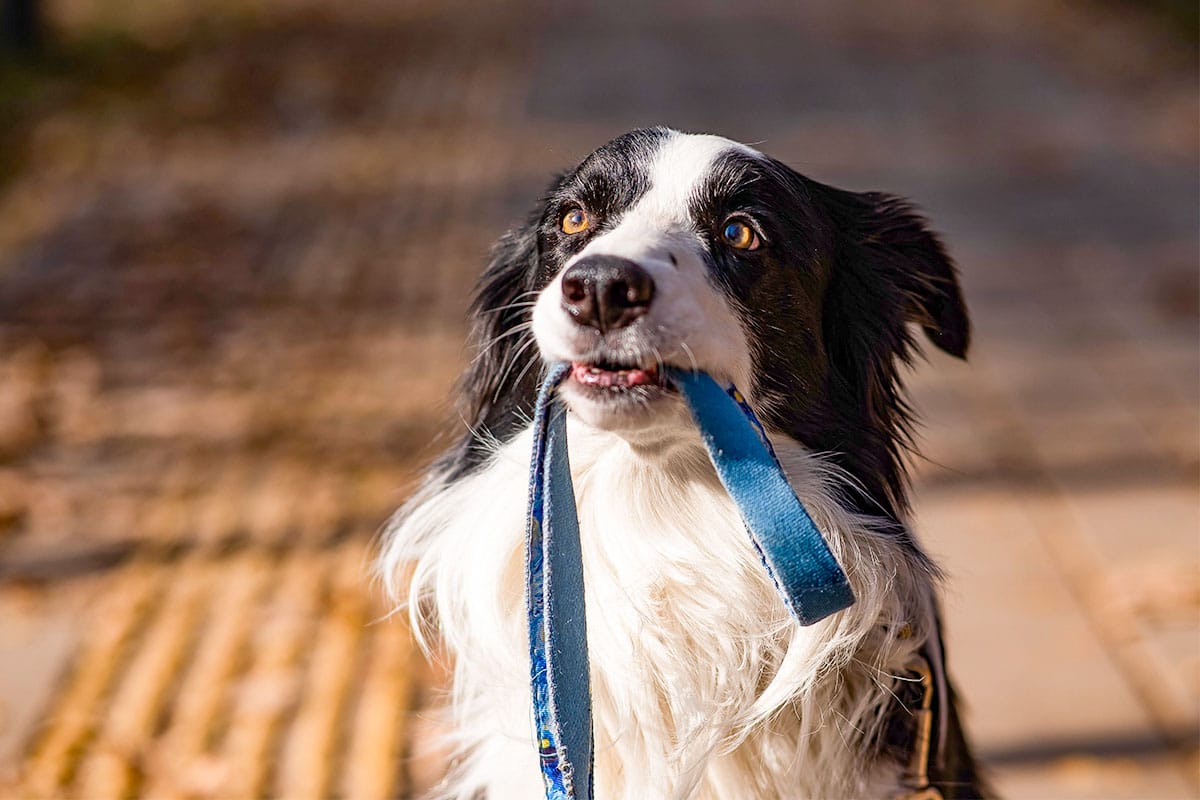



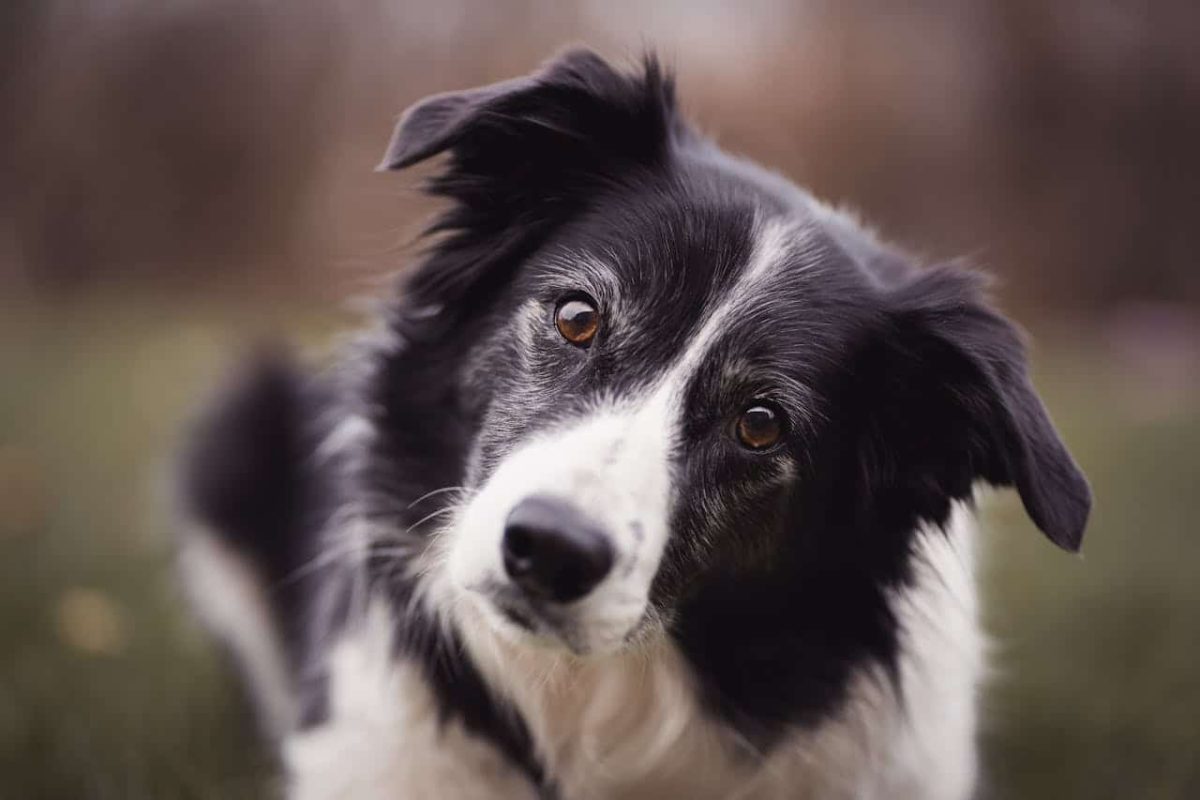
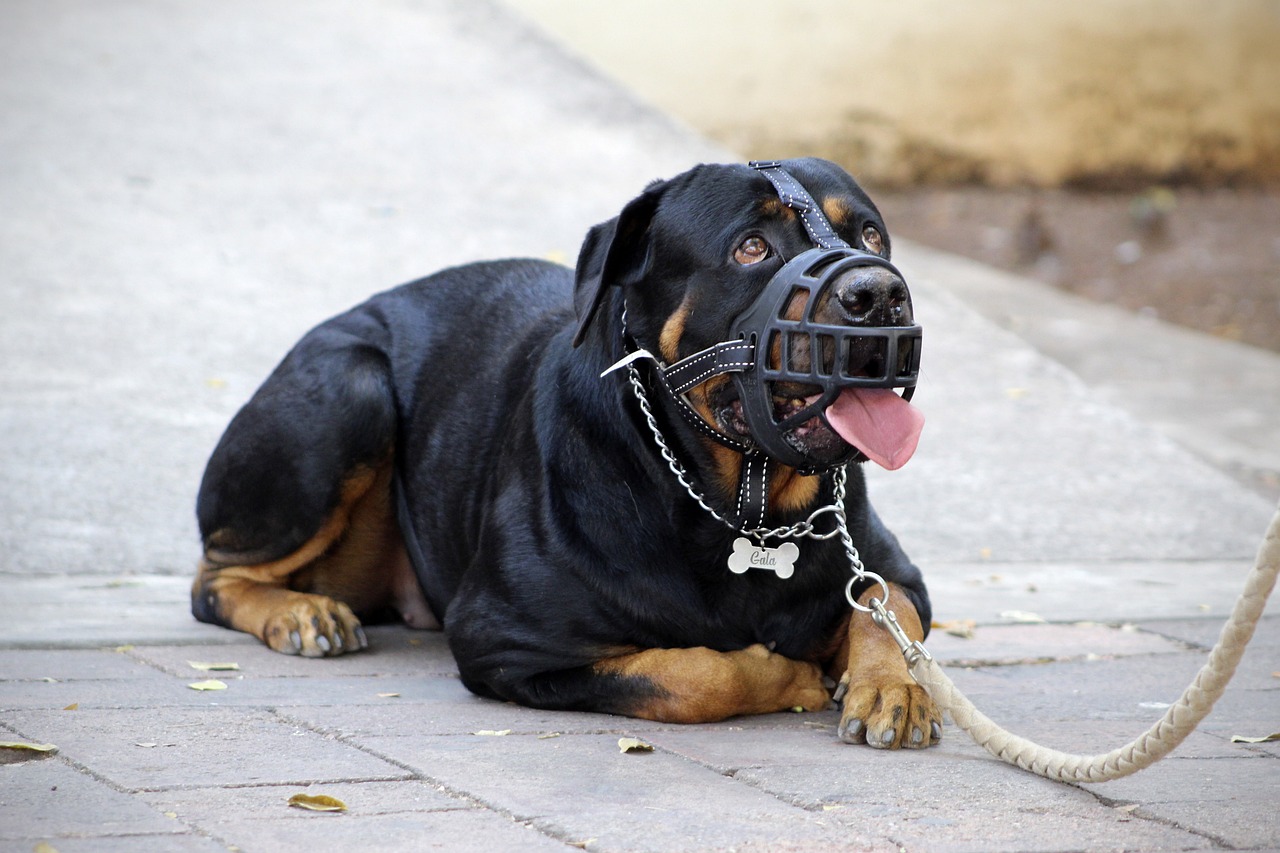


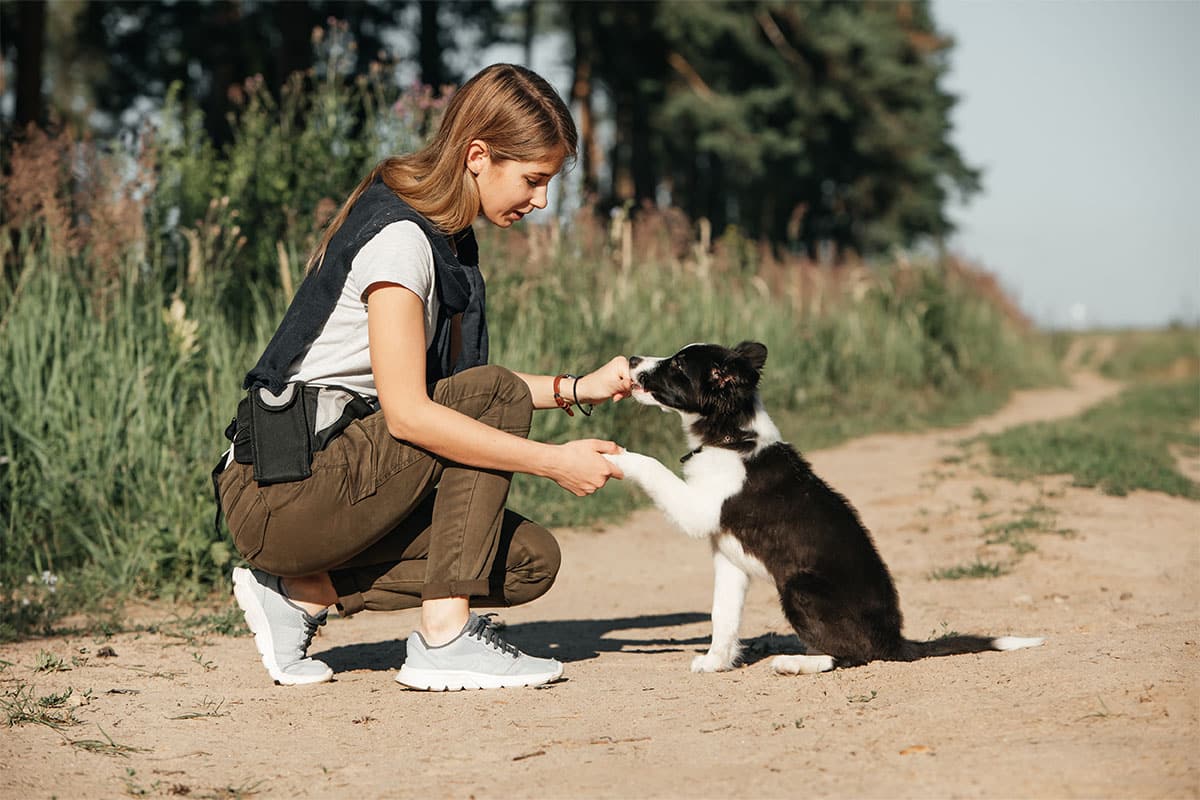
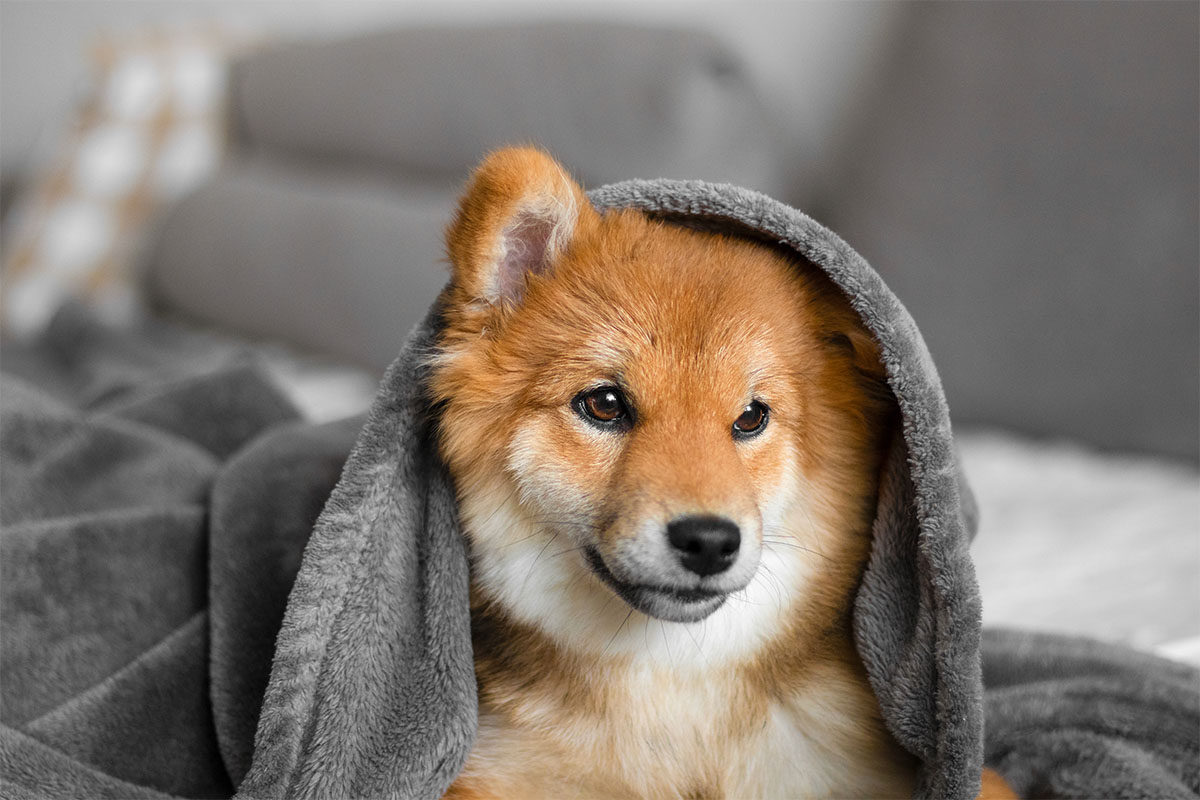

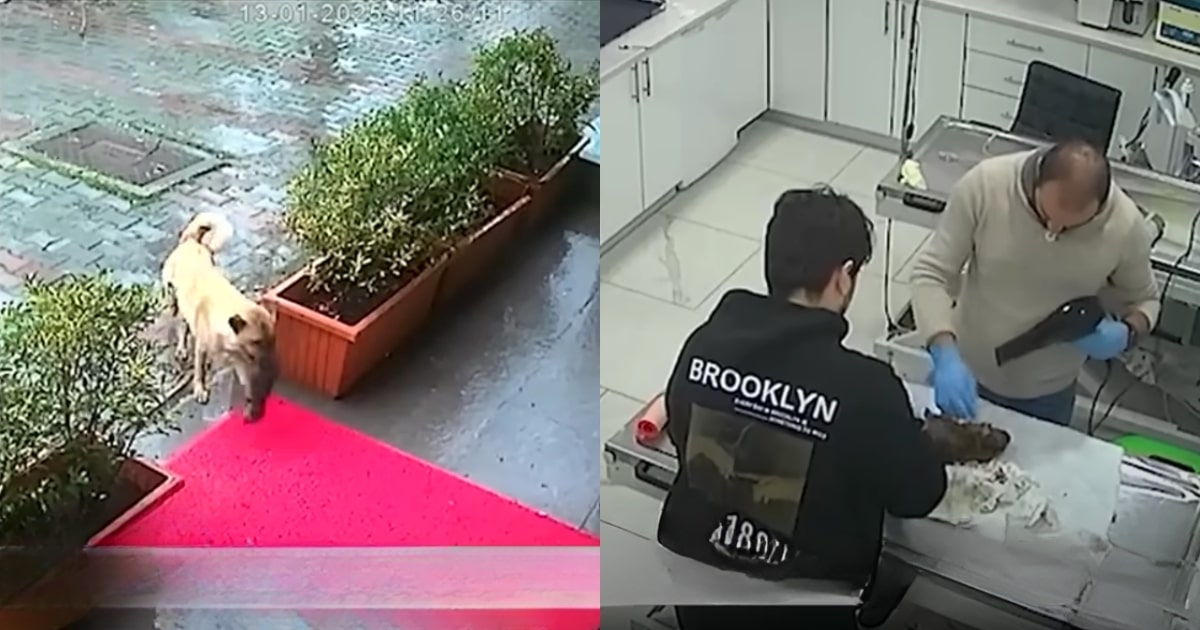



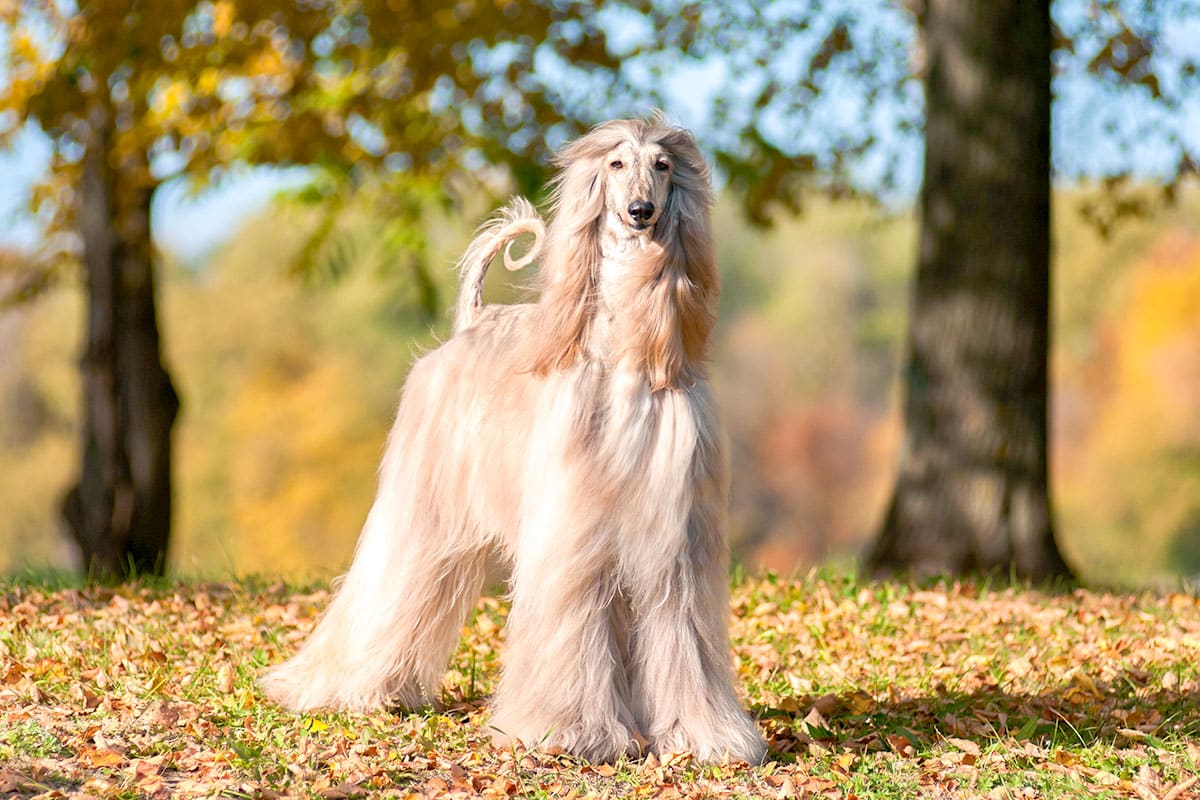
 English (US) ·
English (US) ·